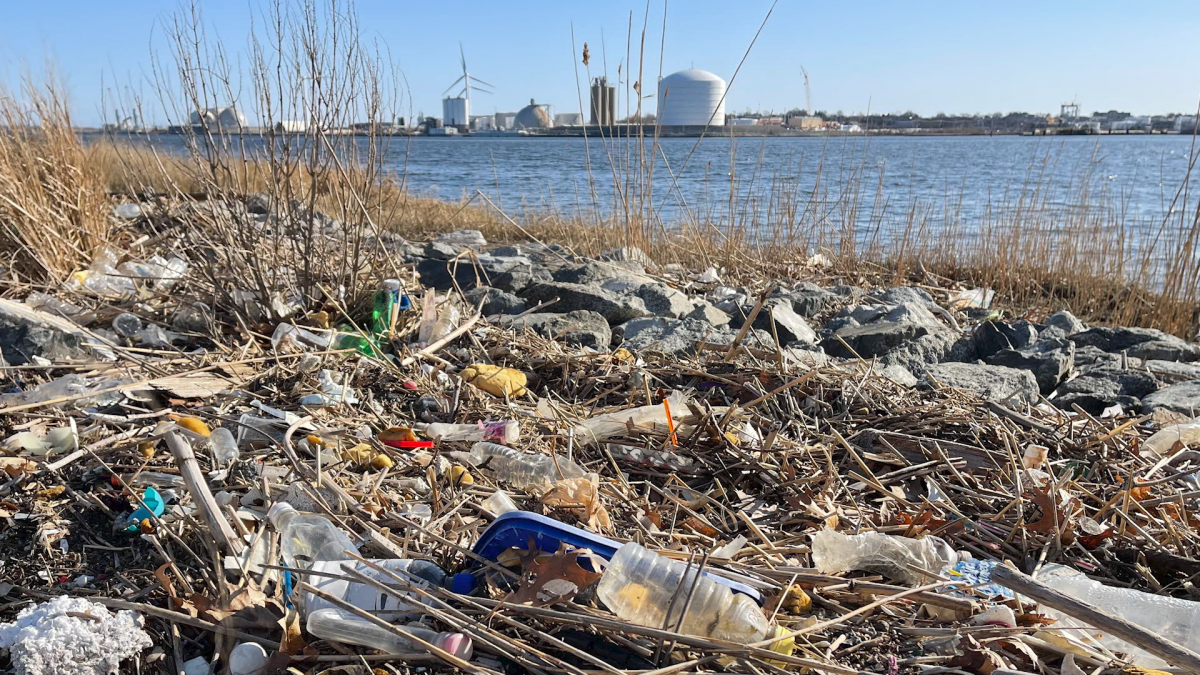Using social science to find out what Rhode Island citizens know about microplastics in the Narragansett Bay, three women at the University of Rhode Island relaunched a marine debris survey in summer 2024.
The experiment began in 2020 and was run by Coastal Institute Senior Fellow Seray Ergene and marine affairs professor Tracey Dalton. Ergene and Dalton interviewed a group whose lives were influenced by marine debris, including commercial fishermen, aquaculturists and local farmers, to pinpoint issues caused by marine debris in the bay.
“We began with what they see as a problem, and by having a conversation, we see how they approach it,” Ergene said. “We determine what [the interviewee] sees as a solution, how to get there, and so on.”
The experiment was cut short in 2020 due to the COVID-19 pandemic, according to Ergene. Four years later, the survey was resurfaced by URI marine affairs graduate student Georgia Cheney as her master’s thesis.
Cheney tailored the survey as 12 questions, the first four gauging Rhode Island locals and visitors’ understanding of marine debris and the rest following how the debris may impact their lives. The survey was left in local coffee shops so people were able to comment in a casual way.
“We started with just a simple motivation to understand these people’s perspectives, how they see debris as a problem,” Ergene said. “Ultimately, we would love to have a contribution to policy, but it might be a long way towards that.”
The survey began by interviewing 26 people in 2020, according to Cheney. When the survey restarted, Cheney interviewed people that live in, or are visiting, Rhode Island. The survey closed in October and no further information is being accepted.
The goal of the survey was to find a diverse demographic of responses so scientists like Cheney, Ergene and Dalton can better perceive debris, determine sources and identify the forefront issues that need to be addressed, according to Cheney.
“I hope that [the survey] can help inform environmental education around marine plastic debris in Narragansett Bay and potential actions to address the problem of marine plastic debris in the Bay,” Cheney said.
Cheney has started to evaluate the data collected by Ergene in 2020 and will be presenting her findings to Ergene and Dalton in December, according to Ergene. The results composed of data from June to October of this year will be presented by summer 2025.





